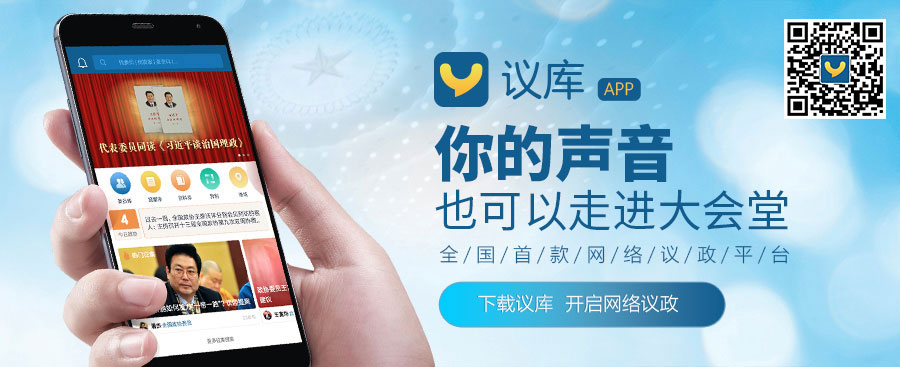President Xi begins European tour in Italy
First overseas visit of 2019 is seen as highly significant

President Xi Jinping and his wife Peng Liyuan arrive at Leonardo da Vinci International Airport in Rome, Italy on Thursday. Feng Yongbin / China Daily
The China-Italy comprehensive strategic partnership will have a better future with the joint efforts of both sides, President Xi Jinping said in a statement upon arrival in Rome on Thursday.
Xi is paying state visits to Italy, Monaco, and France, his first overseas trips of the year, from Thursday to Tuesday, and, noting that Italy was his first overseas destination of 2019, extended sincere greetings and best wishes to the Italian government and people.
During his time in Italy, Xi will hold talks with Italy's President Sergio Mattarella and Prime Minister Giuseppe Conte. He will also meet with presidents of the Senate of the Republic and the Italian Chamber of Deputies.
Xi and Conte will also jointly witness the signing of various intergovernmental cooperation documents and commercial agreements.
In his address, Xi congratulated Italy for its achievements in recent years, promoting economic development and improving people's livelihood.
Relations between China and Italy go back centuries, Xi said, with the ancient Silk Road having become a classic example of the exchanges between Eastern and Western civilizations.
He went on to say how, since the establishment of diplomatic relations between the countries 49 years ago, China and Italy have upheld the principle of mutual respect, mutual trust, and win-win cooperation.
This relationship had set a good example to other countries of different social systems, cultural background and developmental periods, Xi added.
He also noted that, since the two countries established a comprehensive strategic partnership in 2004, bilateral trade and investment have grown steadily, and cooperation in areas including energy, finance and high-end manufacturing has expanded.
Luigi Gambardella, an Italian national and president of ChinaEU, a Brussels-based international association, said the visit is set to renew the 2004 comprehensive strategic partnership, and will kick off a new era for future bilateral cooperation, with regional and global influence.
"Xi's landmark visit echoes the efforts of Italy's new government to advance its ties with Beijing," said Gambardella. "The trip will further unleash great potential in bilateral trade and investment, enhance mutual understanding and expand cooperation in many areas, including space, infrastructure, tech innovation and people-to-people exchanges."
Gambardella's company, in cooperation with the Link Campus University, will host a series of seminars in Rome on Friday on smart cities and digital transformation by gathering Chinese and Italian officials, academics, and business leaders.
"The choice of Italy as the first destination of President Xi in 2019 is highly significant and gives an opportunity to our country to build better economic cooperation with China, based on a win-win approach," said Giovanni Balcet, a professor of international business at the University of Turin.
He said the Belt and Road Initiative, which Italy is expected to endorse, will stimulate growth through a vast infrastructure project linking Asia, Europe, and Africa.
"It is a different and alternative approach to neo-protectionism and trade wars that risk having a very negative impact on trade and international economy," he said.
"This new version of global economy can help the Italian economy to recover and speed up growth, reducing unemployment through new investments. It can also affect inward and outward FDI (foreign direct investment)," he added.
Duncan Freeman, a research fellow at the EU-China Research Center, agreed it was a visit full of symbolism."President Xi Jinping's choice of the European Union as the first stop not only reflects the importance of the EU for China in the long term, but also shows the importance of the moment globally since we together face a very difficult situation in terms of global economy and international relations," he said.
Ning Yuqi and Dong Yuwen contributed to this story.




